Top 10 Inventory Management Tools for Ecommerce
For a prosperous ecommerce business, an accurate inventory management platform is a must. Such a platform, if coming with the right tools, can help you optimize stock levels, diminish costs, and sweeten customer satisfaction to a great extent.
That’s why we decided to discuss the top ten inventory management tools in this post. These tools can be personalized based on your diverse ecommerce demands, whether you run a small startup or a large company.

Each software we aim to introduce today comes with its one-of-a-kind features such as real-time tracking, multi-channel integration, and cutting-edge analytics. If you’re a retailer, wholesaler, or manufacturer who tends to manage their inventory more wisely, you’re in the right place.
1. TradeGecko (QuickBooks Commerce)
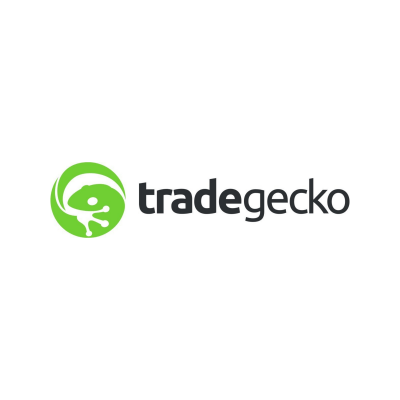
TradeGecko was originally founded in 2012 in Singapore as a cloud-based inventory and order management platform. It’s engineered for small to medium ecommerce and wholesale businesses, with multiple features such as real-time inventory tracking, order management, and more.
Intuit—the parent company of QuickBooks—acquired TradeGecko in August 2020. The platform was then rebranded as QuickBooks Commerce, which merged its inventory and order management capabilities with QuickBooks’ accounting solutions.
The platform is capable of real-time tracking of stock levels across multiple warehouses as it simplifies stock transfers and minimizes stockouts. It facilitates the processing of sales and purchase orders, thanks to features for backorder and partial fulfillment.
QuickBooks Commerce can integrate with multiple ecommerce platforms such as Shopify, WooCommerce, BigCommerce, and Magento. Its CRM capability conserves detailed customer profiles, including purchase histories and preferences.
Some other notable features of the platform include:
- B2B ecommerce platform
- Reporting and analytics
- Mobile application
- Batch and expiry tracking
2. Zoho Inventory
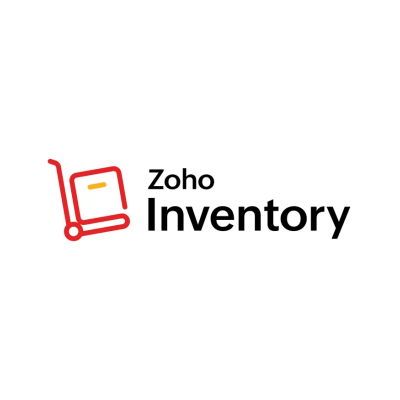
Zoho Inventory is another cloud-based inventory management solution. It was developed by Zoho Corporation—a company established in 1996. The platform initially started operating in 2015 and aimed to help businesses in managing their inventory and order operations.
Zoho’s platform delivers real-time tracking of stock levels across multiple warehouses so businesses can monitor their inventory movements. It also simplifies order management and the processing of sales and purchase orders.
This multi-channel inventory management system helps you set up and integrate your Amazon, eBay, Etsy, or Shopify account to sell your merchandise. Plus, its end-to-end tracking lets you track any item or batch in your inventory with serial numbers and a batch tracking feature. This way, you’ll be able to track your items’ movements and control the expiry of each batch more effectively.
The multiple shipping integration of Zoho Inventory helps businesses get real-time shipping rates and in-transit details of prominent shipping carriers. This allows you to pick a shipping partner for your business thoughtfully.
In addition to these crucial features, Zoho Inventory comes with some other notable features such as:
- Seamless integration with Zoho CRM and Zoho Books
- Complete warehouse management
- iOS and Android apps
- Comprehensive reporting and analytics
3. Cin7

Cin7 was founded in 2012 in New Zealand. It is known as a well-known, cloud-based inventory management solution that’s best for businesses with complex inventory needs, thanks to its comprehensive package of tools that facilitate inventory, sales orders, purchasing, and accounting processes.
Apart from Cin7’s real-time inventory tracking capabilities, it can simplify pick and pack operations. It automatically adds inventory details with barcode scanning. Also, the platform tracks transfers between warehouses or retail locations, hence the sweetened inventory tracking and stock control.
Cin7 provides your team with all the information it needs to make accurate decisions. Such information includes actual COGs, job costing, live stock levels, reordering alerts, and many more. Plus, it allows you to manage multiple shop floor locations and bins so you can organize and document your inventory appropriately, which is a game-changer for small businesses.
The platform empowers you to craft SKUs based on your taste. It helps you track lot/batch expirations and recalls, thereby simplifying inventory management. Also, Cin7 comes with a user-friendly and intuitive interface to make your warehouse operations as effortless as possible.
4. Ordoro
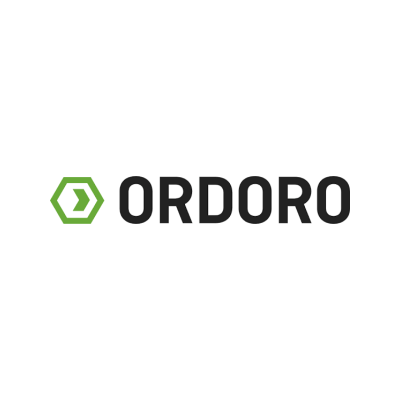
Ordoro is the next cloud-based inventory management and shipping solution on our list. It was established in 2010 and is a wonderful inventory management option for ecommerce businesses. The platform presents a comprehensive collection of tools to handle order fulfillment, inventory control, and shipping processes.
Auto-syncing stock levels across all sales channels, automated low-stock alerts, and kitting and bundling are among features of Ordoro. It delivers a broad set of visibility and control options, including multi-warehouse management, tracking lead times by suppliers, 3PL order management, and FBA inventory sync.
Ordoro comes with a bunch of time-saving productivity boosters. It can automate inventory writeback and offers bulk inventory uploads, order routing and splitting, automatic order tagging, and more.
What makes Ordoro unique is its features in the dropshipping realm. Its shipping and dropshipping apps empower you to scale notably. It presents discounted shipping rates of up to 89% off. Also, it comes with deep dropshipping management features, sales and operation analytics, RMAs, and more.
Some other notable features of Ordoro are:
- Seamless onboarding
- Running in minutes
- Comprehensive human-based support
- Flash shipping and postage reporting
5. Veeqo
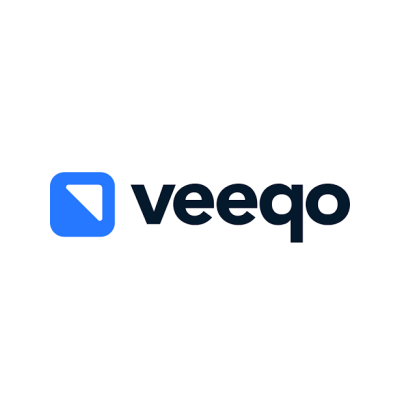
Veeqo was launched in 2013 as a top-notch inventory management solution that’s best for ecommerce retailers. It can sweeten fulfillment efficiency and customer satisfaction as it prevents stock-outs, anticipates customer demands, automates inventory tasks, and keeps the inventory up-to-date across diverse markets.
The platform comes with a smart approach in order routing. It handles orders from the nearest location to your customer so it can deliver products in a flash and at a lower cost. It measures the shortest distance between a delivery address and your location and checks the inventory before it instantaneously allocates the product to the customer.
Veeqo can also automatically manage your inventory levels across Amazon, Shopify, eBay, and Walmart to let you know what you have in stock. This way, you will be able to know about what you’ve sold, where you’ve sold, what you can sell more, what’s not selling, and more.
The good thing about Veeqo is that it helps you update stock and prices for any store you connect to it. This helps you save a great amount of time and avoid hours of manual admin time.
6. Stitch Labs
 Stitch Labs was established in 2011 as a cloud-based inventory and order management platform. It is a great choice for multi-channel retail brands. The platform can centralize inventory across a set of diverse sales channels and locations, thereby delivering greater visibility and control.
Stitch Labs was established in 2011 as a cloud-based inventory and order management platform. It is a great choice for multi-channel retail brands. The platform can centralize inventory across a set of diverse sales channels and locations, thereby delivering greater visibility and control.
It was back in July 2020 that Stitch Labs was acquired by Square. It can automatically sync inventory, orders, and sales across channels. This way, it helps retailers have a vivid understanding of their operations.
The smart order tracking of the platform allows it to automatically pull all tracking information relevant to completed shipments. Also, it can retrieve your product information from Shipwire to eliminate the need for manual entry.
Stitch Labs can integrate with a set of familiar sales channels such as Shopify, Magento, BigCommerce, and Amazon. What’s more, it offers integrations with diverse POS solutions such as Square and Shopify POS so it can support brick-and-mortar retail locations and proprietary integrations to 3PLs.
7. Unleashed
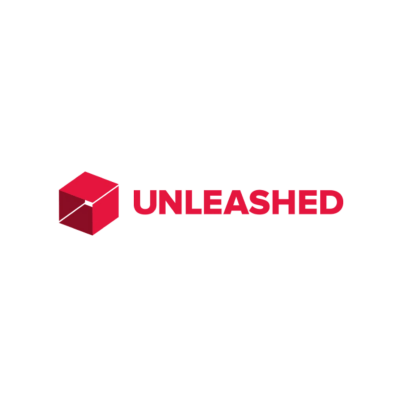
Unleashed is a prominent inventory management platform founded in 2009. It was crafted to help businesses handle their stock with precision across multiple locations and sales channels. It comes with real-time visibility into inventory levels, thereby expediting operations for manufacturers, wholesalers, and retailers.
The platform empowers you to run your entire business processes through a single cohesive system. It can unite all your departments so they can work together from production and sales to purchasing and warehousing.
With Unleashed, you can enhance your cash flow with tools that automatically handle your stock levels, track expiry dates, and when to buy new stock at correct volumes. Plus, it helps you boost your sales as you can process more sales without adding headcount, branch out into multiple different sales channels—both B2B and B2C—match purchasing to your future sales, and handle your orders more instantly.
The platform also provides you with valuable insights. With its baked-in Business Intelligence, you’ll no longer hinge on time-consuming custom reports and disparate data for decision-making.
Some other features of Unleashed worth mentioning are:
- Automated bookkeeping
- Automated journaling and invoices
- Accurate COGs
- Expert support teams in your time zone
- Risk-free onboarding
8. DEAR Systems
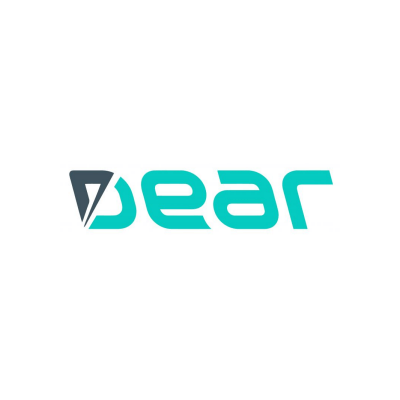
DEAR Systems is the next inventory management platform on our list, which was founded in 2012. It was mainly crafted to facilitate operations for small to medium-sized businesses. Its centralized online platform and enterprise-level tools enable you to manage inventory, orders, and manufacturing processes, as it can seamlessly merge with different ecommerce platforms and accounting software.
The platform helps you get rid of accounting data entry. It can merge with accounting apps like Xero and QuickBooks to automatically create entries and sync invoices, bills, payments, and more. Its Point of Sale (POS) feature simplifies your sales tasks such as refunding, returning, cash management, and so on.
You can merge the DEAR Warehouse Management System (WMS) with the platform’s backend to ease your order fulfillment processes, and at the same time, boost your productivity and minimize costs in the warehouse. Its B2B portal empowers you to automate and manage your orders directly from your custom web portal.
What makes DEAR Systems unique is its automation capabilities. You no longer need to enter data manually, constantly pay attention to your active inventory, and tire your staff with endless daily tasks.
9. inFlow Inventory

inFlow Inventory was developed by Archon Systems Inc. back in 2005. It is broadly known as a comprehensive inventory management software that handles the needs of small to medium-sized businesses. Since its birth, the platform has evolved significantly to deliver mighty tools that simplify inventory tracking, order management, and reporting.
In a beautiful way, inFlow Inventory presents inventory and orders so anyone can use it with no sweat. Feel free to scale the software up and down so it can handle the needs of either sole entrepreneurs or teams of up to fifty members. As a matter of fact, the platform is more than just an app because it handles sales, shipping, barcoding, and more.
inFlow Inventory is available online and from any device. This helps you do the job from anywhere you please. It allows you to filter orders by what is due or what you can fulfill. You can track the cost of any purchase and see the profit on each sales order.
Other significant features of the platform include:
- Seeing stock levels at a glance
- Tracking stock across locations
- Getting notified of low stock ahead of time
- Full control over what to restock
- In-depth support for barcodes
10. Katana
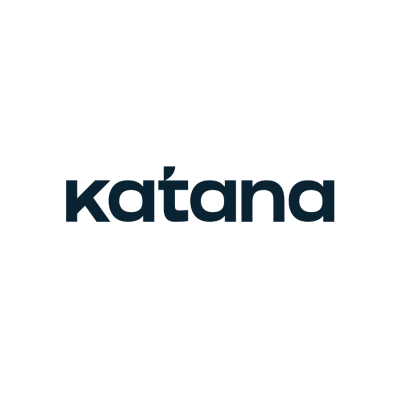
Katana is the last inventory management software we tend to introduce today. It was founded in 2014 for small to medium-sized manufacturers, wholesalers, and ecommerce businesses. Katana delivers a multitude of top features such as inventory management, purchase management, planning and forecasting, cloud accounting, and more.
The platform empowers you to get real-time inventory insights of all your items. Also, it helps you issue purchase orders for suppliers and materials that are delivered directly to the warehouse or contract manufacturer.
Katana can merge all your online and offline sales channels and data into a single view. It employs historical data to anticipate future demand so you can automate your inventory planning.
What’s more, the platform optimizes your production and lowers lead times as per your bill of materials and operations data. Additionally, Katana’s cloud accounting feature enables you to sync your inventory and accounting data so you can understand your finances even better.
Final Words
If you tend to run your ecommerce operations smoothly, you must pick the right inventory management tool. Benefiting from one or more of the tools we discussed today empowers you to effectively manage stock, minimize waste, and present an outstanding customer experience. Don’t forget to assess your business needs meticulously before you choose the software that fits your goals.
About the Author

Robert Koch – experienced SaaS application designer and business optimization through automation consultant. An avid home brewer and cheesemaker in his spare time.






